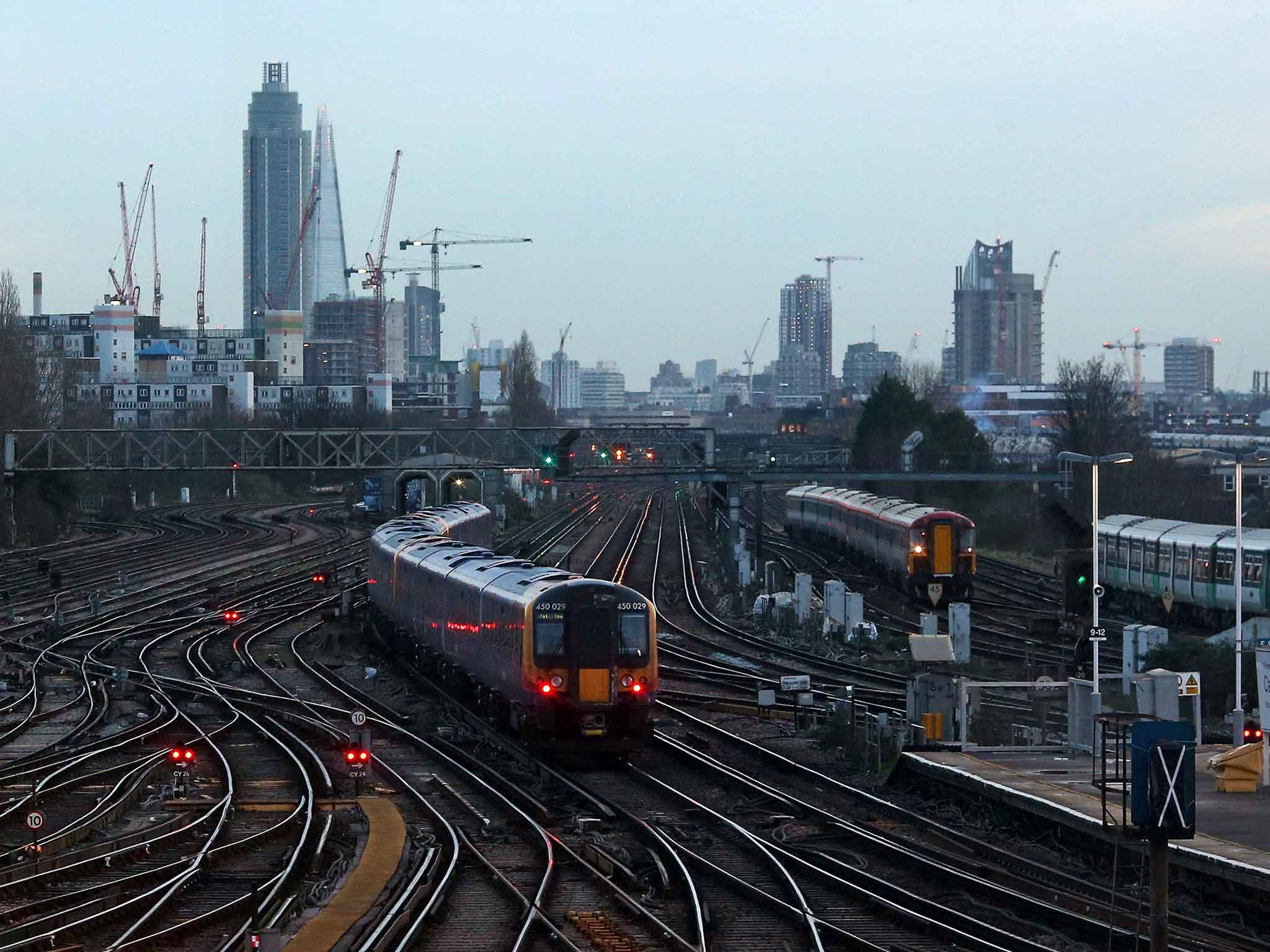Train travel has more than doubled since privatisation
24.7 rail trips are taken per head each year, a 60% increase from 1998

The number of rail journeys made each year has more than doubled since privatisation, according to a new report.
Some 1.65 billion passenger train journeys were taken in the past 12 months compared to 801 million in 1997.
The figures come from analysis by the Rail Delivery Group (RDG) - which represents operators and Network Rail - based on data from KPMG.
The study found 24.7 rail trips are taken per head of population each year, a 60% increase from 1998.
This growth in journeys in the UK is faster than in France (25%), Germany (23%) and the Netherlands (10%) over the same period.
The RDG found income from passengers covers the £9.5 billion annual operating cost of the railways, with government support being used to fund infrastructure.
According to the report, the average price paid per passenger mile has increased by 6.7% (adjusted for inflation) since the mid-90s.
Meanwhile, the profit made by operators has fallen from 3.6% of revenue in 1997 to 2.3% last year.
The study also found that the country's busiest rail termini - London's Waterloo and Victoria - have more arrivals per platform in the morning peak than European stations such as the Gare du Nord in Paris, Zurich and Frankfurt.
Edward Welsh, spokesman for the Rail Delivery Group, said the rail network is better able to serve passengers and businesses because of its transformation over the past two decades into "a great British success story".
He went on: "Crucial to this success has been the partnership between the private and public sectors, working together to deliver better value to passengers, freight customers and the nation.
"There is much more we need to do to improve services for our customers. Our greatest challenge is to plan and build for the ever growing demand for rail by increasing capacity cost effectively and generating revenue to support investment in more and better services."
Press Association
Join our commenting forum
Join thought-provoking conversations, follow other Independent readers and see their replies
Comments
Bookmark popover
Removed from bookmarks